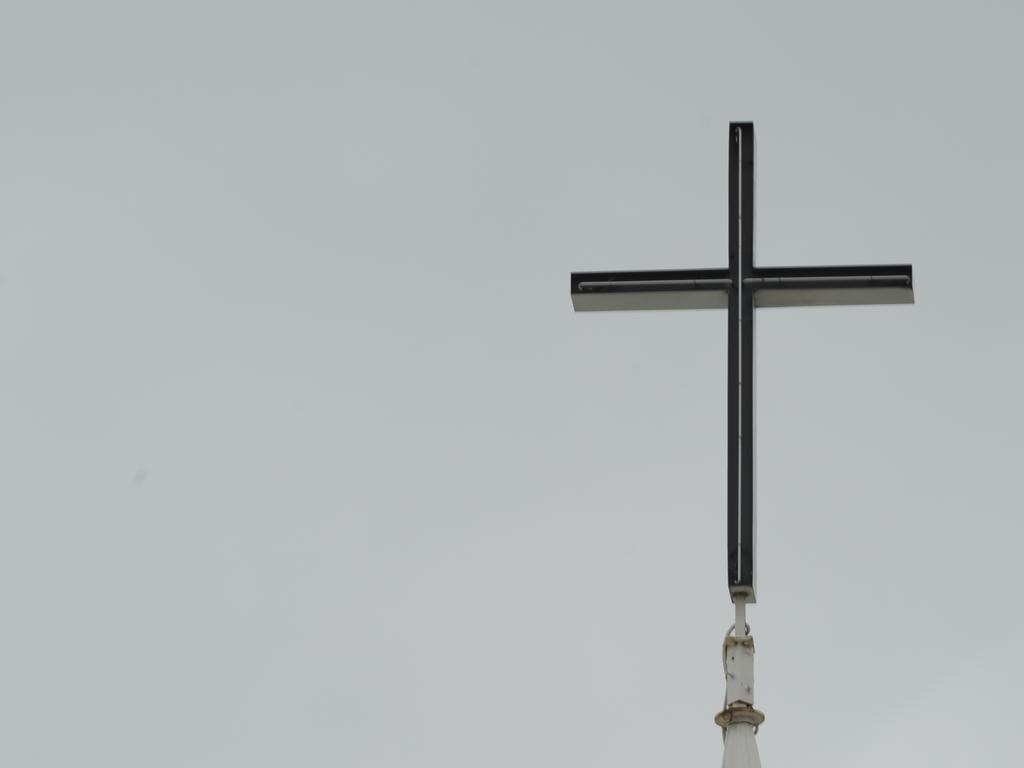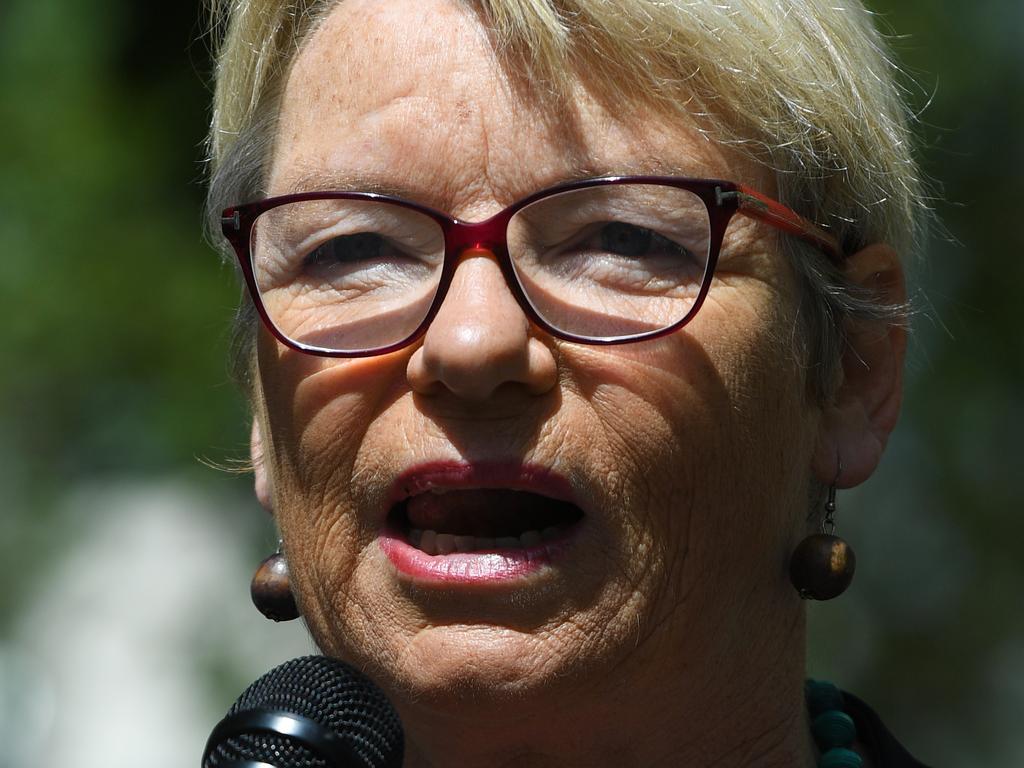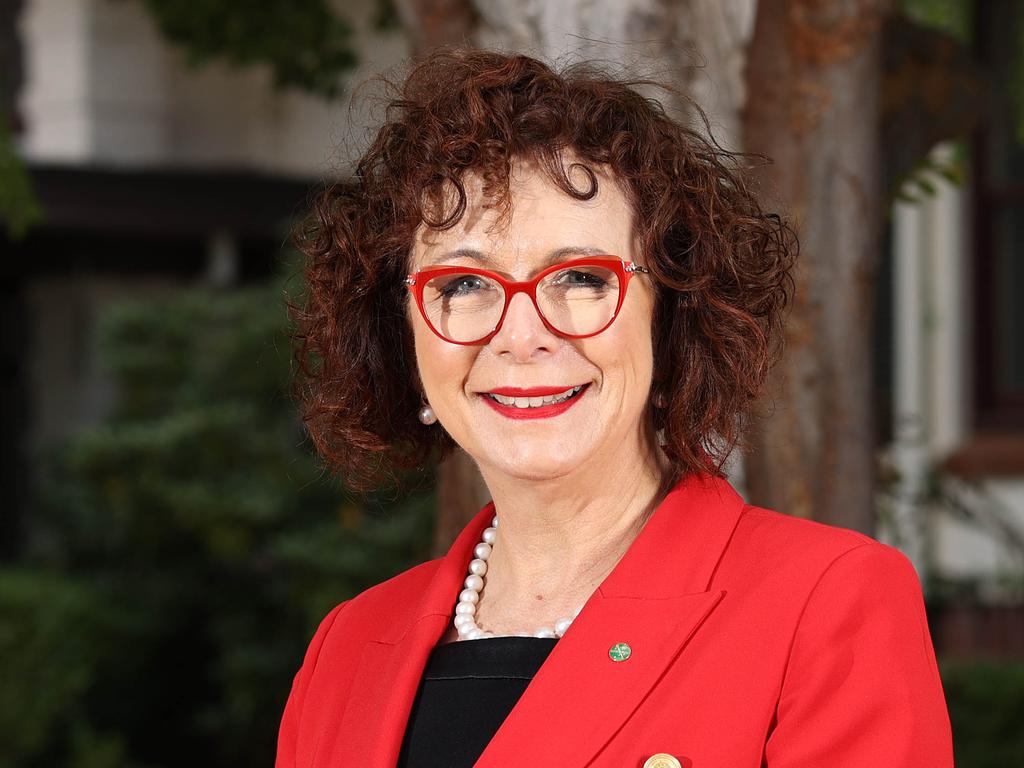Cry freedom and let’s not slip into a war of words on dogma


The government provides various examples illustrative of the bill’s scope: a Catholic who is “aggressively” asked to leaves restaurant and “banned” after saying grace; a Hindu told there is no place for “someone who believes in things so different” in the football team; an Islamic childcare operator declined commonwealth funding because the approving official “dislikes Muslim people”.
Reporting has focused on three flashpoint issues. The first is the protection granted to “statements of belief” against complaintsunder state and territory discrimination law. The clause has its genesis as a response to the much-publicised complaint to Equal Opportunity Tasmania against a circular to parishioners stating the Catholic view of marriage and parenting. That agovernment commission could accept such a complaint for investigation shocked many Australians.
The primary allegation against this protection is that it will license dreadful personal attacks. Such criticism has beenapparently anticipated by the gauntlet of judicial tests built into the protection. To pass muster, any statement must notharass, threaten, intimidate or vilify; or amount to the urging of a serious criminal offence, all determined according towhether a “reasonable person would consider” that these standards had been breached. It must also be made in good faith and be not malicious. Drawing on existing understandings of equivalent provisions, these are very significant hurdles to overcome.
The drafting appears as an attempt to protect the valued contribution of religious believers to civil discourse in this country.This would accord with the broad support for free speech within our community, with a recent McCrindle survey finding that90 per cent of Australians believe that people should have the freedom to share their religious beliefs in a peaceful way.The critique that the provision would give greater protection to religious people appears also to have been anticipated, withthe protection extending equally to statements by atheists or agnostics that relate to religious matters.
By far the more lamentable is what this clause signals: we now live in a society where judges are cast in the role of determiningthe bounds of civil discourse. This is not an outcome of the government’s making. The clause is a response to the realitythat the courts are increasingly being called upon to resolve issues which were once concluded by classical principles oftoleration, the respectful “agree to disagree”.
Seen as such, the protection is posed as a shield, not a sword. It can also be seen as a conservative exercise, an attemptto preserve the tolerant approach to religious discourse that has long been characteristic of our open and liberal democracy.
However, that such a codification of permissible speech could be proposed by a liberal government points to the value shift definitive of our times.
Edmund Burke’s remonstrance against the French Revolutionaries that “the constitution of our country” should never become “a subject rather of altercation than enjoyment” has lost none of its resonance.
The second area that has attracted criticism is the bill’s treatment of religious schools, including its proposal to overridestate laws that prevent a religious school from “giving preference, in good faith, to persons who hold or engage in a particularreligious belief or activity” in employment. The freedom to establish independent religious schools is grounded in the long-standinginternational human right of parents to “ensure the religious and moral education of their children in conformity with theirown convictions”. Bodies exercising jurisdiction under the European Convention of Human Rights have recognised this rightas being “indispensable for pluralism in a democratic society” and as protecting the “guaranteed … right to think freely”. To ensure its equitable application, the bill provides a safeguard by requiring that schools declare their requirements topotential employees and act in “good faith”.
As religious discrimination legislation, the bill does not alter existing law concerning LGBTIQ students within religiousschools. However, this week moderate Liberals threatened to vote against the bill unless the exemption for religious schoolsin the separate Sex Discrimination Act was removed. They appeared unaware of the two separate inquiries in the last parliamenthighlighting the limitations that removal would place upon the ability of schools to teach their religious beliefs and maintaintheir ethos. Those limitations arise because of the expansive scope of the technical legal notion of “discrimination” thatwould apply in the absence of an “exemption”.
Unable to resolve these tensions at the time, this complex matter was rightly referred to the Australian Law Reform Commission,with the Attorney-General clarifying it remains the government’s position that no student should be expelled simply becausethey are gay, a position supported by peak bodies representing Christian schools.
The third issue of focus has been the “watering down” of the bill by the removal of the “Folau clause”. The clause becamea symbolic issue far beyond the actual substantive protection it offered.
Under the bill, an employee who is subject to detrimental action for religious statements made outside of their workplacewill still be able to seek a ruling that their employer’s actions were “unreasonable” and therefore discriminatory.
With the focus having been on these hot-button issues, attention is yet to turn to the other very significant protectionsthe bill offers for freedom in this country, many of which are improvements upon its last iteration.

In what will be a first for Australian law, the bill declares the long-settled principle of international human rights lawthat the legitimate exercise of religious freedom “is not discrimination”. Existing law that characterises religious freedomas an exemption from a more fundamental standard of equality does not reflect this principle.
The language of exemptions contains some beguiling and at times untested philosophical presumptions. We do not say, for instance,that the right of the press to free speech is an exemption from majoritarian imposed control. Similarly, we do not say thecitizen’s freedom to associate around common interests is an exemption granted by the state from compelled forms of association.Such laden terminology characterises religious freedom as a secondary right.
A further major improvement that will be welcomed by those keen to keep the state out of the church is the introduction ofprovisions requiring judges to have regard to the genuine views of a religious believer. This implements the settled positiondeveloped by the highest courts in Australia, England, Canada and the US as a means to prevent judicial determination ofdoctrinal disputes.
Concerns that charities could lose their tax status for advocating for a traditional view of marriage based on the requirementthat they extend the “public benefit”, as has occurred overseas, have also been addressed.
Each of these are significant and welcome moves for those concerned for the preservation of religious freedom in this country.They are worthy of the bipartisan support religious leaders have called for, and which Mark Dreyfus declared that Labor seeks to “encourage” in his speech to parliament on Thursday.
In all of these respects, the bill proceeds on the premise that, as the Prime Minister stated, we continue to be “a tolerantand mature society”, one that “understands the importance of faith and belief to a free society”. Many will consider the comingparliamentary debate to be the measure of whether he is indeed right.
Mark Fowler is Principal of Fowler Charity Law, an Adjunct Associate Professor in the Law School of the University of Notre Dame Australia, and an Adjunct Associate Professor at the School of Law at the University of New England.






The Prime Minister has tabled the long-anticipated Religious Discrimination Bill, declaring “the protection to what we believe … is essential to our freedom. In a liberal democracy, it is like oxygen”. The legislation proposes to become a core featureof the church-state settlement in this country and has now been referred to two separate parliamentary inquiries, both due to report in February.